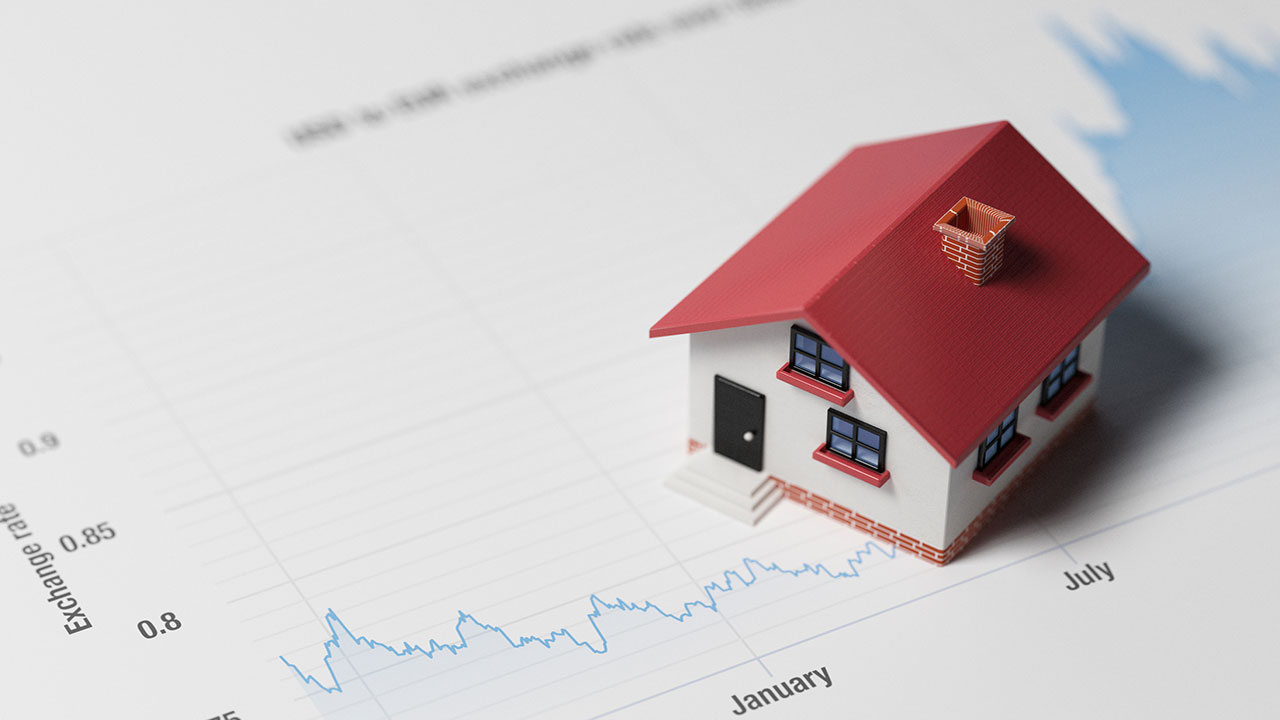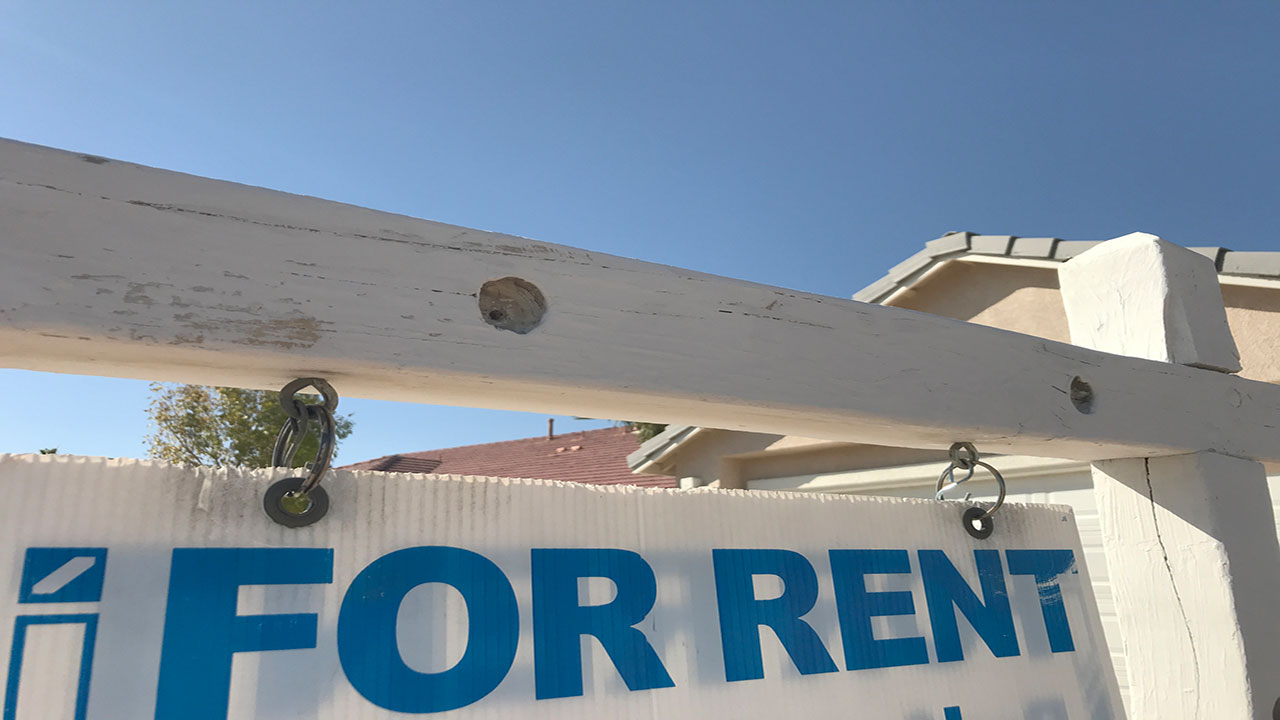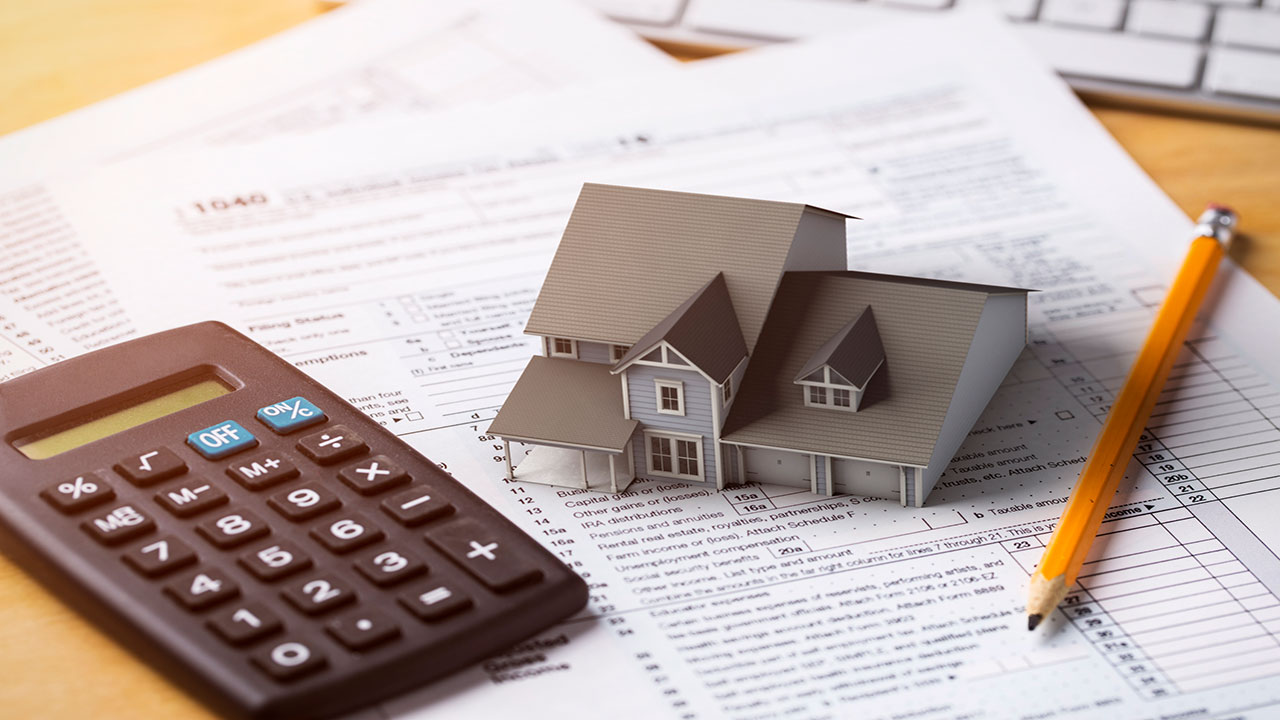
You’re considering selling your home and moving into a new one that better suits your needs and situation. But is selling the only option on the table? Have you considered renting instead?
Selling is clearly a popular option and is usually necessary in order to take the proceeds of the sale to be put towards a new home purchase. But in some cases, renting might also be a viable option and may even make more sense.
If it’s financially possible, keeping your home can be a great way to accumulate wealth and even save for retirement. When the mortgage is fully paid off at some point in the future, you can either continue to rent out the property or sell it and pull out the equity into a lump sum.
So, should you sell your home? Or should you hang onto it while collecting rent?
There are lots definitely a lot of things to consider before you ultimately make your choice, including the following.
The Current Market

If you’re in the middle of a seller’s market, selling might be a great way to make a decent profit on the sale of your home. Depending on when you purchased and how much equity you’ve put in the home, you could stand to make a good chunk of money compared to how much you initially paid for it.
Of course, you still have to buy something, so consider what your position will be as a buyer in a seller’s market. That said, you may be moving to a completely new area with a different market temperature that is more favorable for buyers. Or, you may be downsizing into a condo or townhome. In either case, you could really make the sale work in your favor.
However, if the market is a particularly stubborn one for sellers, holding onto the property and renting it out instead can provide you with the opportunity to wait until the market will allow you to sell for a higher price within a short period of time. When the market swings back in your favor, you can then decide if you want to sell. In the meantime, you can collect rent to help cover the mortgage and other carrying costs.
Even if your rent isn’t enough to completely cover all carrying costs, you can still make up for it when you sell if prices are anticipated to rise in the near future.
Your Finances
Obviously, carrying two mortgages on two homes is not exactly financially feasible for everyone. You will have to take a hard look at your finances before deciding whether to sell or rent. You may not be approved for another mortgage without first selling your current home. This is a no-brainer and is something that should absolutely be considered before making a final decision.
Whether or Not Your Move is Permanent

Are you moving because of a job transfer with the chance to come back? If your move isn’t necessarily permanent, perhaps renting might be a good idea. In fact, it could be the cheaper of the two options if the market isn’t the greatest for selling and your rent potential is pretty hefty. Selling is an expensive endeavor, so if you can hang onto your home and rent it, this could potentially be a more financially-sound idea.
Whether or Not Rent Will Cover All Carrying Costs
If you are considering renting your home instead of selling, it’s imperative that you check what the going rent rate is like in the area for a property like yours. You may have an idea of what you’d like to rent the place out for, but if that number is not in line with what similar properties are being rented out for, you’ll have a tough time commanding the dollar figure that you’d like.
This is important because you will need to know if the rent collected will be able to adequately cover all expenses, including the mortgage, utilities, property taxes, homeowner’s insurance, and so forth. If you can make a little money every month, that would be ideal. Even breaking even would be helpful. But if you’re going to be in the red every month, you will need to determine whether or not you’ll be able to financially carry added debt and whether or not it’s worth it when all is said and done.
Taxes

The IRS can charge capital gains taxes on real estate, but certain exceptions apply. In order to avoid paying capital gains taxes when you sell, you’ll need to meet specific criteria, including the following:
If you’ve only lived in your home for less than two years, it might be more difficult for you to seek exemption status to avoid paying capital gains taxes. The longer you stay in the home, the easier it will be for you to qualify for an exemption.
Keep in mind that if you do decide to rent out the home, if you choose to sell it at some point in the future, you won’t be able to claim exemption because the house will no longer be your primary residence. In this case, you’d be selling it as an investment property, which comes with different criteria if you wish to avoid paying capital gains.
That said, you would be able to depreciate the property for tax purposes if it’s a rental. The annual depreciation amount can be arrived at by dividing the amount you paid when you first bought the home – plus any expenses related to major home improvements – by 27.5, without including the value of the land the home sits on.
Being a Landlord
Even if you’ve determined that renting makes financial sense after crunching all the numbers, you may decide that being a landlord is simply not for you. The job of a landlord can be quite challenging, especially when it comes to dealing with nightmare tenants who either don’t take care of the property, are a nuisance to neighbors, or don’t pay on time.
Then, of course, there’s the responsibility of maintaining the property and collecting rent checks, both of which take a lot of time and effort. Make sure you’re up for the task and have considered everything involved with being a landlord before you choose to rent instead of sell.
The Bottom Line
The choice between selling versus renting can be a tough one to make. While renting might make sense for some homeowners who are looking to move, selling is often the best choice for many others. Be sure to carefully review your finances in great detail, assess your current and future situation, and determine whether you can handle being a landlord or if you’d much rather cut ties with your home. To help you make the right decision, be sure to discuss your choices with a trusted real estate agent who can guide you in the right direction.